
Walmart introduces its own payment app for Android and iOS
Android Pay, Apple Pay, Samsung Pay -- it seems to be the latest trend in mobile devices. Each wants you to use its service and, in some cases all will work at a particular retailer. But, instead of accepting the existing ones, Walmart has decided to launch its own rival to them.
The giant retail chain is announcing Walmart Pay with the good news being that it isn't launching its own phone that you need to purchase first. It will work with both iOS and Android; Windows Phone users once again get left out. Walmart is the first retailer to launch its own payment service.
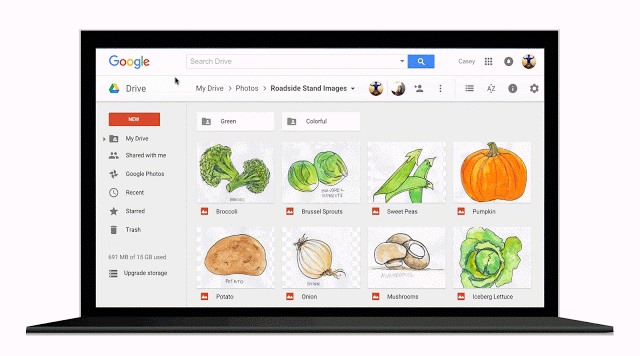
Google Drive -- finally -- gets a decent search tool
With Google/Alphabet having search so deeply ingrained in its DNA, it is somewhat surprising that the search capabilities found in Drive have been so limited. Now that changes. The cloud storage service, at long last, has a search tool that's worth using.
As well as rolling out to the web, Google Drive's new search options are also making their way to iOS and Android devices. Apple users in particular have something to look forward to thank to support for 3D Touch and deeplinking.
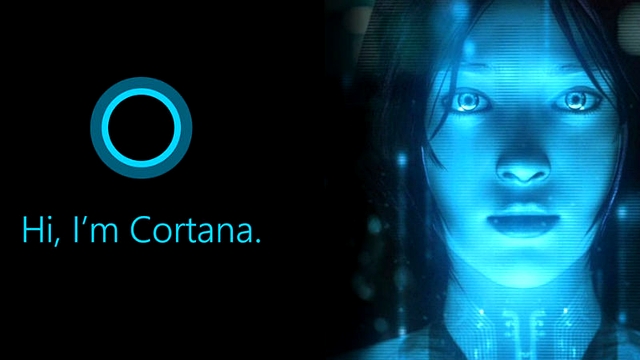
Microsoft rolls out Cortana to iOS and Android, to take on Siri and Google Now
Cortana is no longer limited to devices running Windows 10. After short period of public beta testing, Microsoft's digital assistant is now rolling out not only to iOS and Android, but also Cyanogen OS devices.
Just as on Windows 10 Mobile handsets, these new releases include many of the features that are found in the desktop version of Cortana. There are, however, some functions that remain exclusive to Windows phones -- you cannot, for example, change system settings in iOS and Android nor, frustratingly, use the hands-free "Hey Cortana" voice command.
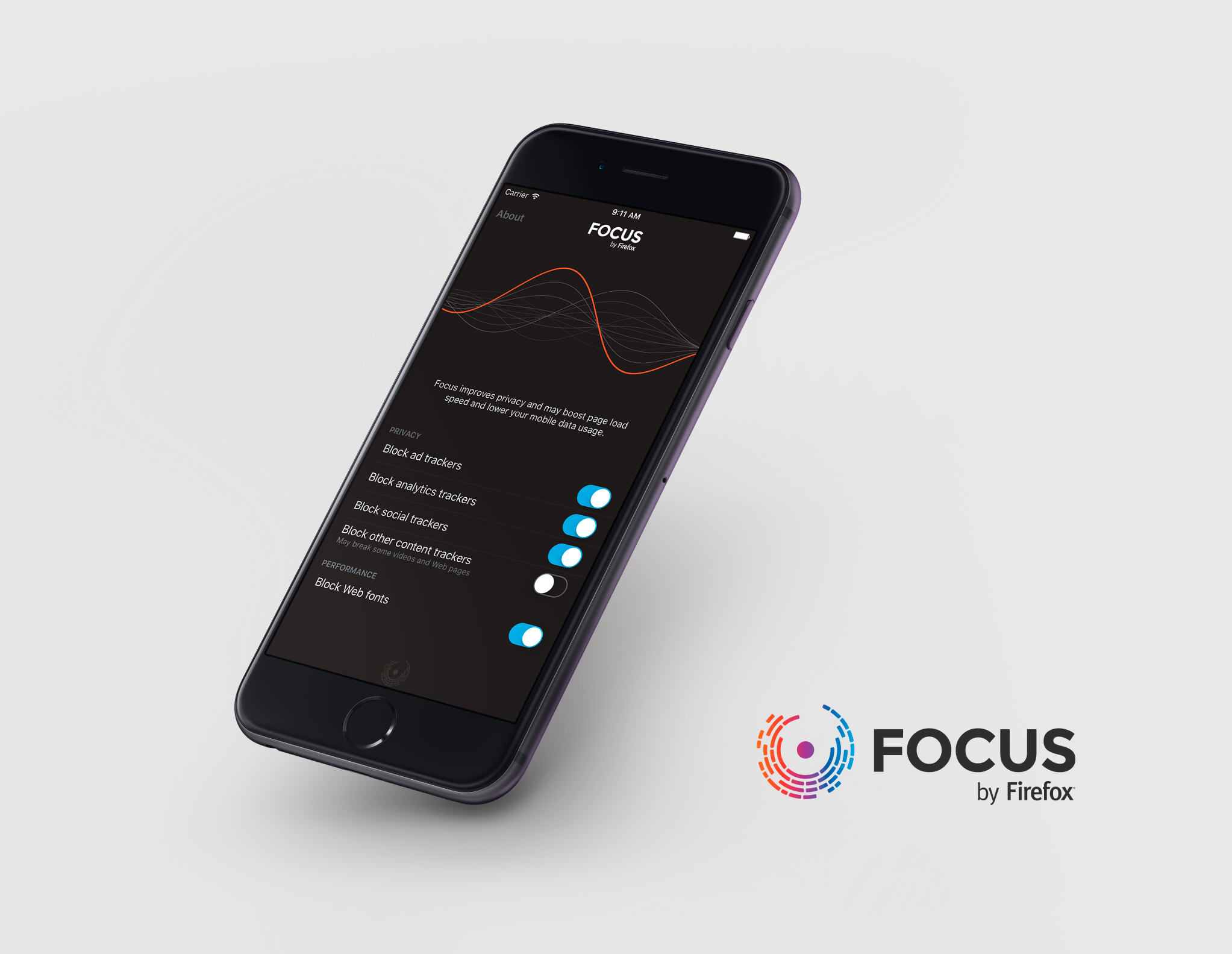
Focus by Firefox is a content blocker for Safari users on iOS 9
Ever since Apple allowed adblockers on iOS 9, we’ve seen a steady influx of these types of apps appearing in the App Store. Today, yet another one arrives, but this new release has an interesting pedigree, coming as it does from Mozilla.
Focus by Firefox is a free content blocker for Safari users on iOS 9 that gives users greater control over their privacy by allowing them to block categories of trackers such as those used for ads, analytics and social media.
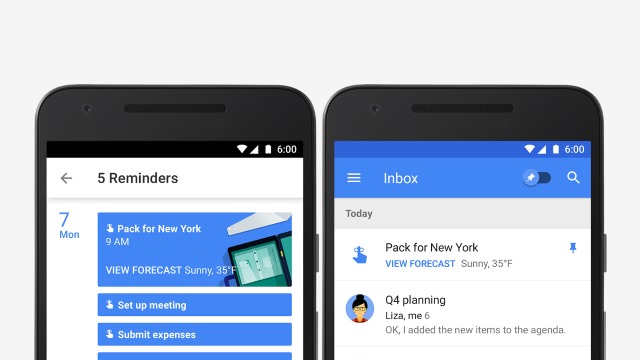
At last! Google Calendar gains to-do lists with Reminders
When it comes to keeping on top of appointments, Google Calendar is certainly a useful tool -- but it's a long way from perfect. It's very capable at helping you to keep track of what you have to do and when, but there's one area in which it has always fallen short: to-do lists.
Today (or at least this week) this changes. Google is adding Reminders to the iOS and Android version of the Calendar app, with the promise that the same feature will make its way to the web soon. The name might not be quite right, but Reminders is the to-do list support users have been waiting for.

Windows 10 Mobile is dead in the water
Windows Phone's market share took a huge hit last quarter, dropping to a ridiculously low 1.7 percent. Things could improve following the introduction of Lumia 950, Lumia 950 XL and other Windows 10 Mobile smartphones, but, in the long run, the platform is not expected to regain much of the ground it lost to Android and iOS.
Windows Phone's market share for 2015 is expected to be around the 2.2 percent mark, according to an IDC forecast, which would be a major decline compared to last year, when its market share was 2.7 percent. But, that's not the real bad news. By the end of 2019, Windows on smartphones is expected to only see a slight bump to 2.3 percent.
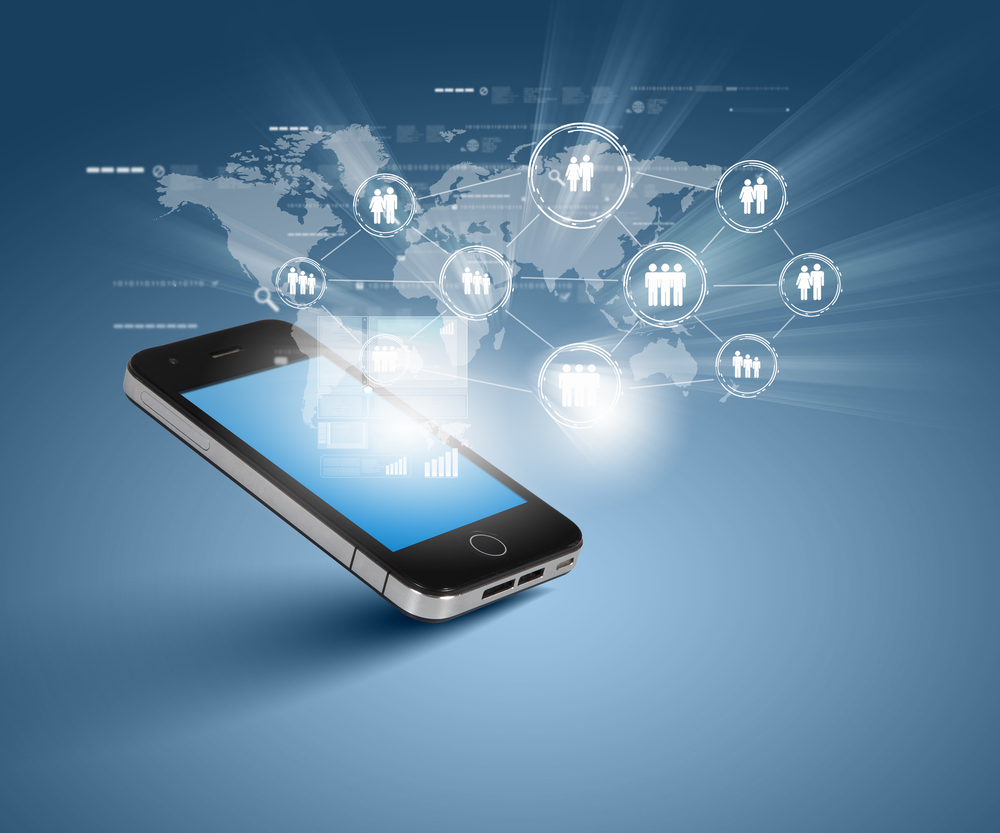
New privacy platform protects enterprise communication
Enterprise customers are increasingly concerned about the security of their mobile communications, as well as the ability to deliver auditing and compliance information.
Silent Circle, the Swiss company behind the privacy focused Blackphone, is launching its Enterprise Privacy Platform a set of secure software, services and devices designed to deliver privacy to business and government organizations of all sizes.
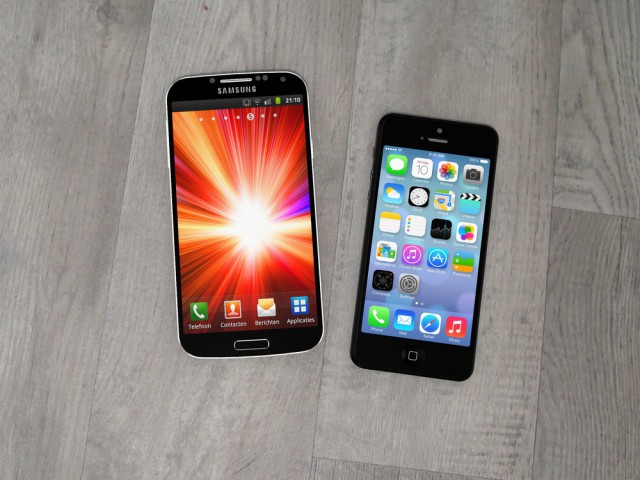
iOS 9's adoption rate dwarfs Android 6.0 Marshmallow
This fall we saw the release of iOS 9 from Apple just before the company launched the iPhone 6s and iPhone 6s Plus.
The success of these new models along with an uptick in the adoption rates of iOS 9 showed how quickly Apple users were to upgrade their devices. So far iOS 9 has an adoption rate of 70 percent which is significantly higher when compared to Marshmallow’s adoption rate.
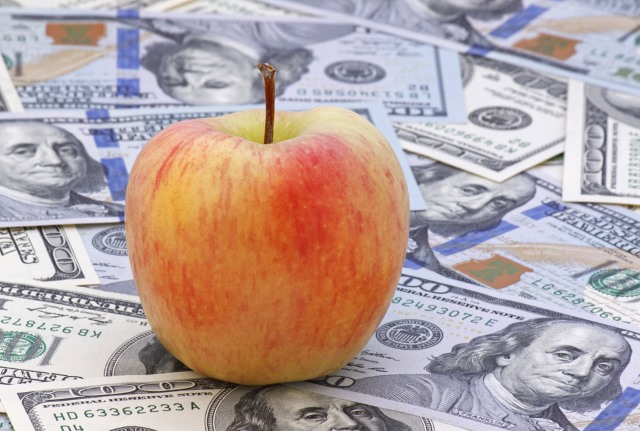
Apple video explains how to use Apple Pay to pay for things... like apples
There's quite a lot of competition in the digital payment arena at the moment. Apple Pay is one of the latest to join the likes of Samsung Pay and Android Pay, and Apple is keen to demonstrate just how easy it is to use its payment system.
For many people, using a smartphone to pay for coffee is an intuitive process, but Apple wants to sell its service to more people. The company needs to break down any barriers that might be standing in the way of new users adopting Apple Pay, and this is the reason for the appearance of a video that serves as a 'how to' guide.
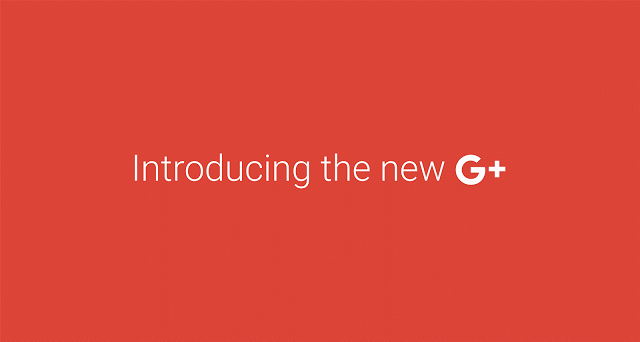
Google+ gets a refresh -- you should actually use it now
Google+ is a big joke, right? No one uses it, right? Wrong and wrong. The search-giant's social network is actually quite good and has many active users. I would argue that it is the best such network, superior to both Facebook and Twitter, but I digress. True, it does not have as many active users as the aforementioned competitors, but its focused purpose arguably makes it a better resource. It is brilliant for meeting like-minded individuals by using the "Communities" feature.
With all of that said, the Google+ interface was a bit clunky and confusing. Heck, it was very heavy too, causing web browsers -- in my experience -- to use a lot of resources. Today, Google announces that it is refreshing the service -- a new coat of paint and improved interface. Will this lead to increased usage?

Silicon Power announces xDrive Z30 Lightning Dual Flash Drive for Apple Devices
Moving from Android to iOS was one of the best decisions of my tech-life. There has never been a day where I regretted my choice. With that said, I did like the ability to use micro SD on some Android devices to move files to and from the devices to my home computer. This hasn't been a huge pain point, however, thanks to my love affair with Dropbox.
If you own an iPad or iPhone, you may have wanted the ability to transfer files without the need of the cloud. Well, guess what? You actually can. While Lightning connector-based flash drives are not new, Silicon Power today announces a very elegant solution -- the xDrive Z30 Lightning Dual Flash Drive for Apple Devices.
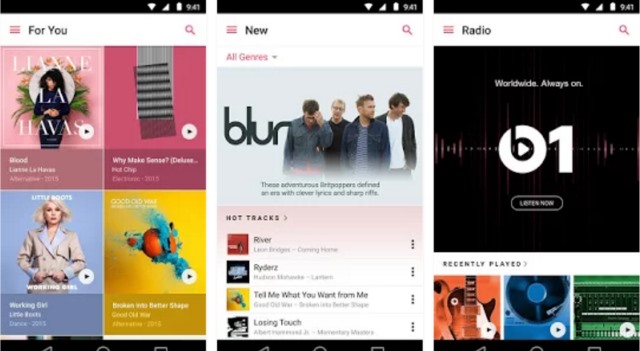
Apple Music arrives on Android as a beta
In a few short months, Apple Music has picked up millions of followers, and it has managed to do this whilst remaining exclusive to iOS. Now that changes. Today Apple's music app makes the jump to Android.
Currently in beta, Apple Music for Android is a free download, and includes a three-month free trial of the service. After this, should you want to continue using it, you'll have to cough up $9.99 per month. For the most part, this is a direct port of the iOS version of the app, but as it is in beta there are some notable differences.

Offline navigation comes to Google Maps
One of the biggest problems with Google Maps on your smartphone is that you need an internet or data connection. At least that used to be the case. Today Google announces that navigation is now possible in offline mode.
In a move that has the potential to kill off the likes of TomTom and Garmin, Google is making it possible to download maps to your phone so turn-by-turn directions can be initiated even when there is no connection. It's a feature that people have been waiting for for some time, but Google has more to offer.
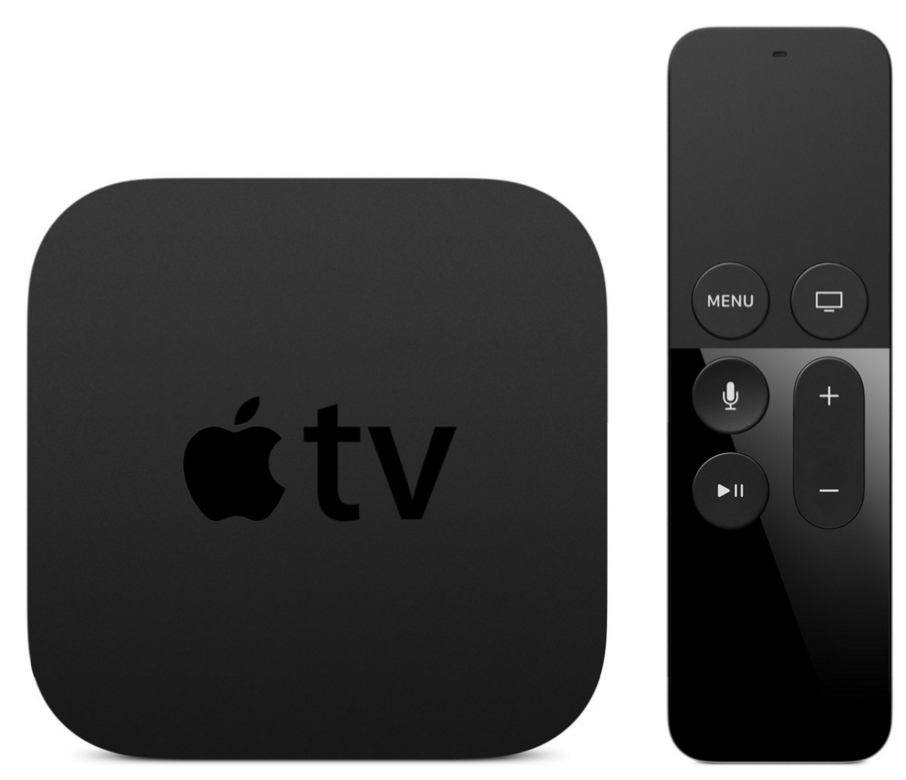
Hello Apple TV 4th Gen, goodbye Xbox One! [Review]
People have different needs. This is why saying one piece of technology is better than another is subjective. The Xbox One, for instance is a more powerful device than the new Apple TV. It has, by far, superior hardware and can do more things. And yet, if you do not need that raw processing power, and prefer casual games to expensive console-grade games, Microsoft's console may be too much. In other words, it doesn't make sense to spend the money on Xbox One if you only need it for streaming media. Sure, it can run Halo 5 and play Blu-ray movies, but I really don't want those things and I am sure there are others like me too.
Enter the Apple TV. I bought this little 4th generation box for $200 despite owning plenty of devices that can already handle streaming media. Why? because of its potential. You see, with access to Apple's App Store, the future will be really bright for it as a media machine, but more importantly, a gaming console. Yes, the Apple TV is a Trojan horse in a sense -- it comes into your home disguised as a run-of-the-mill media streamer, but becomes the future of gaming too.
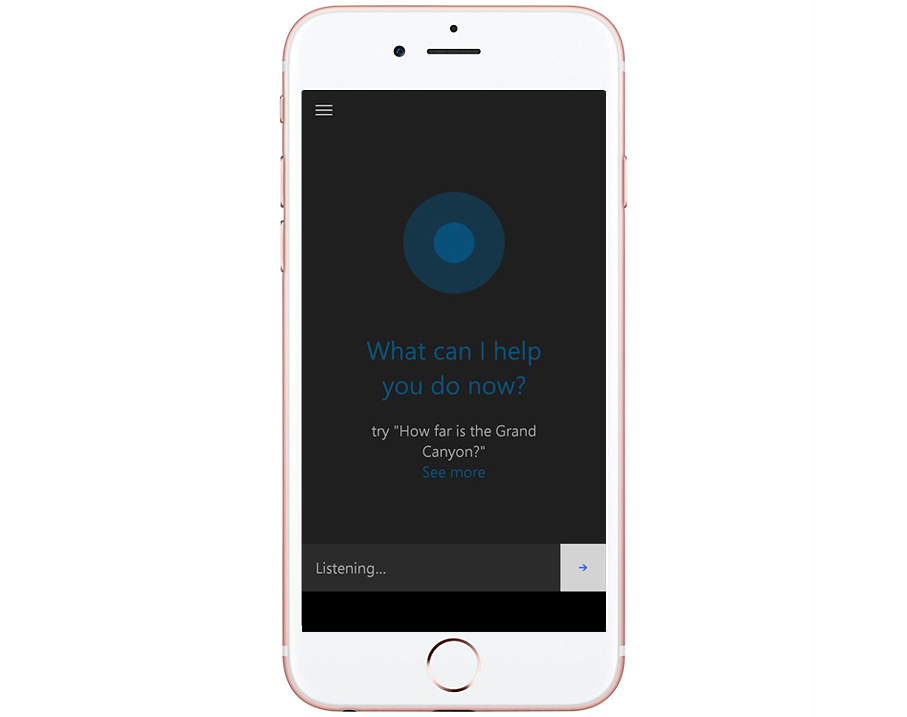
Apply here to test Cortana on iOS
Cortana was originally only available on Windows Phone, but Microsoft’s personal assistant has since become an integral part of Windows 10, and is currently available in public beta form on Android too.
Cortana is set to arrive on iOS at some point in the future, but don’t expect to be able to download the app any time soon -- there’s still quite a lot of development to go. However, that said, Microsoft is currently looking for testers to try out an early version of the iOS app and you can express your interest by filling in a short survey.
